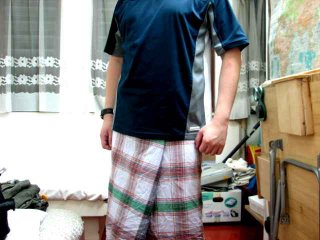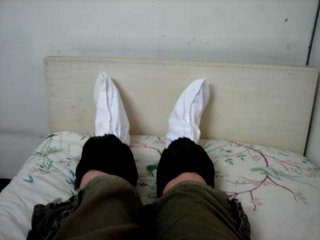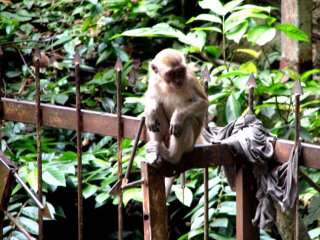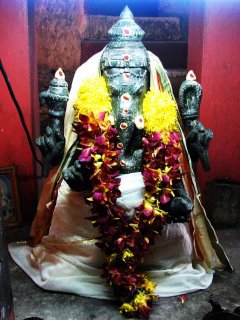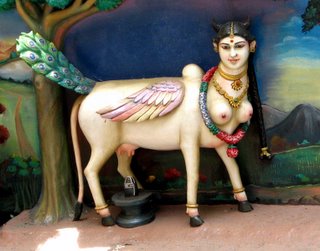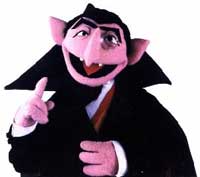Reunion Dinner and CNY traditions
It has been 17 years since I last celebrated a Chinese New Year reunion dinner here. I've forgotten much of the superstition and customs that go along with it since then.
To understand how Chinese superstition works one needs to understand the language itself. You see, Chinese relies heavily on a tones, that is, a single syllable has different meanings depending on how it is said. For example, the number four is pronounced "say" as is the word Chinese word for "death." The first is pronounced with a flat tone and the second in a rising tone. For this reason, the number four is deemed unlucky and many Chinese folk avoid having it in license plates and house numbers. In contrast, the number eight sounds like the Chinese word for prosperity and therefore is auspicious (that's the word they're throwing around here). This is the reason you see a lot of Chinese people with "888" license plates.
Still with me?
So much of the Chinese New Year superstition is based on this concept. To give New Year's example, hair is another word that's phonetically similar to prosperity. To cut ones hair after the new year is to cut off ones prosperity. Many Chinese people, including myself, go for haircuts prior to the new year, often paying a premium for it.
A lot of the Chinese New Year food contain hidden meaning in their names as well. The meal starts with Yee Sang (which sounds like prosperity, or so I'm told). The dish consists of raw fish (in our case, jellyfish) and some crunchy colourful noodles (supposed to represent health and wealth). Everybody has to take part in tossing the salad with their chopsticks and we all have to yell "Lo Hei" which also has something to do with prosperity and longevity.
It's sort of fun taking part in all this stuff after having been separated from it for so long.

